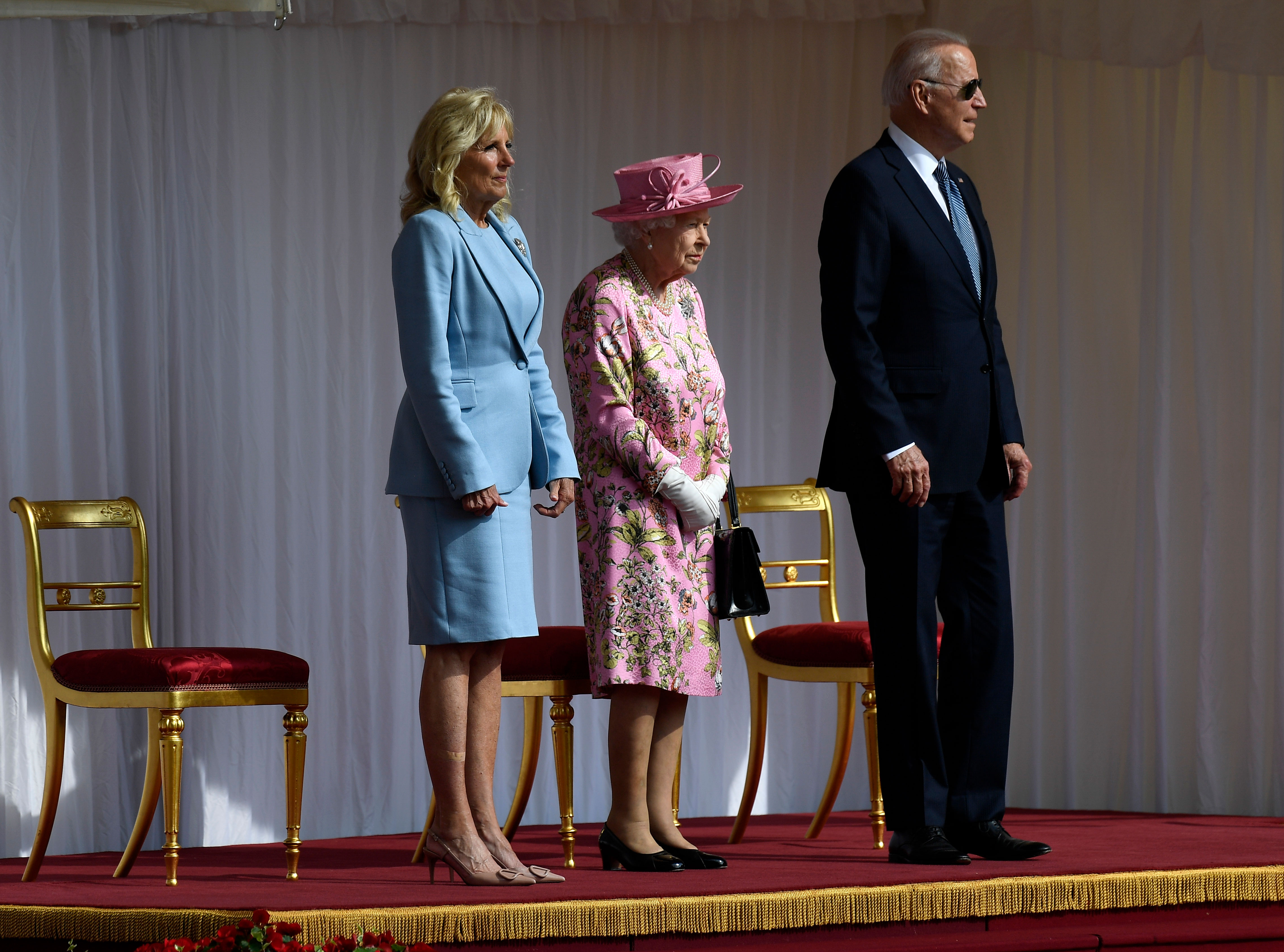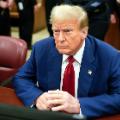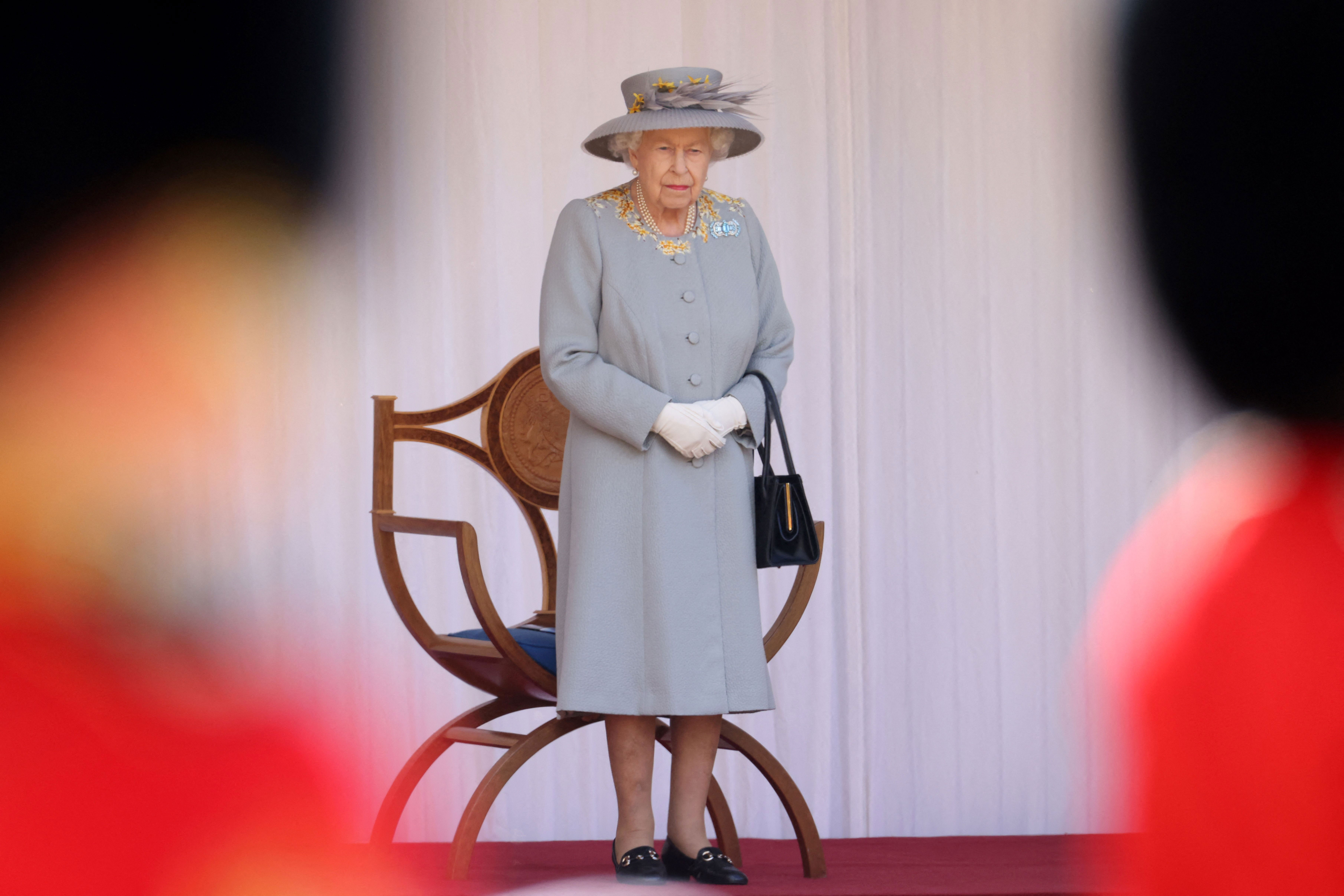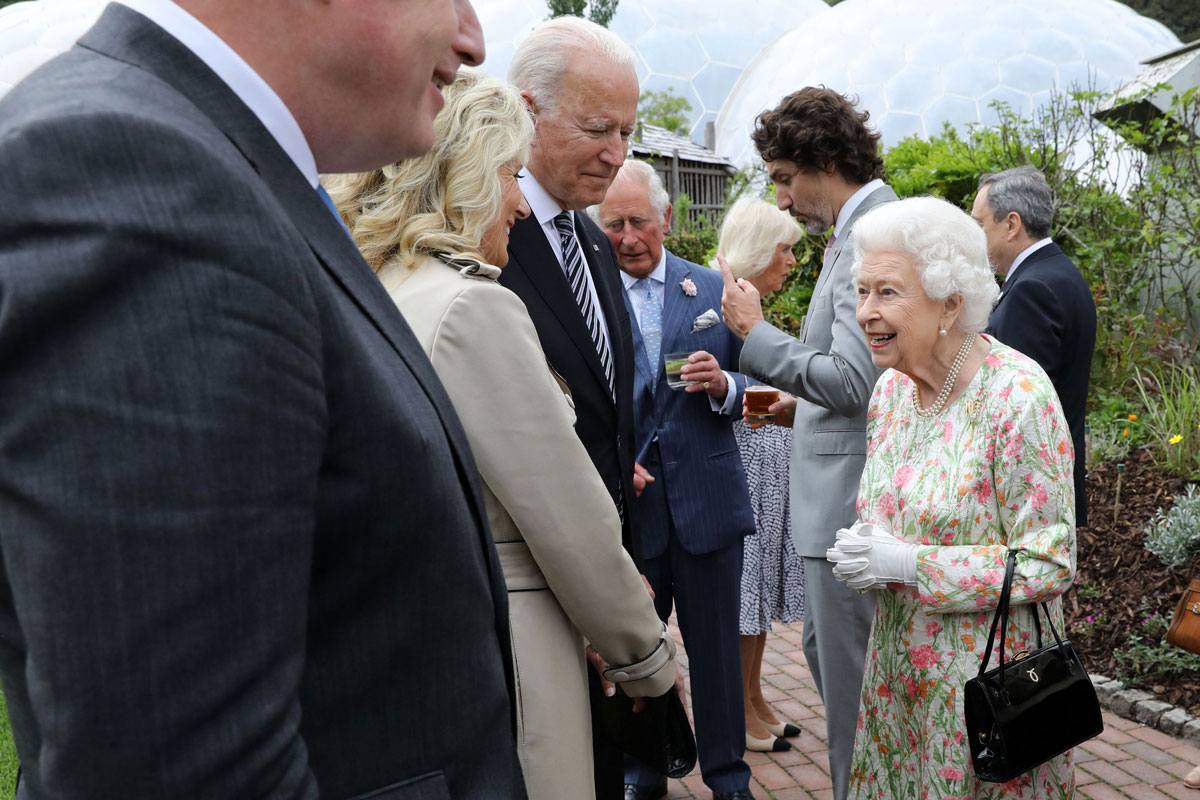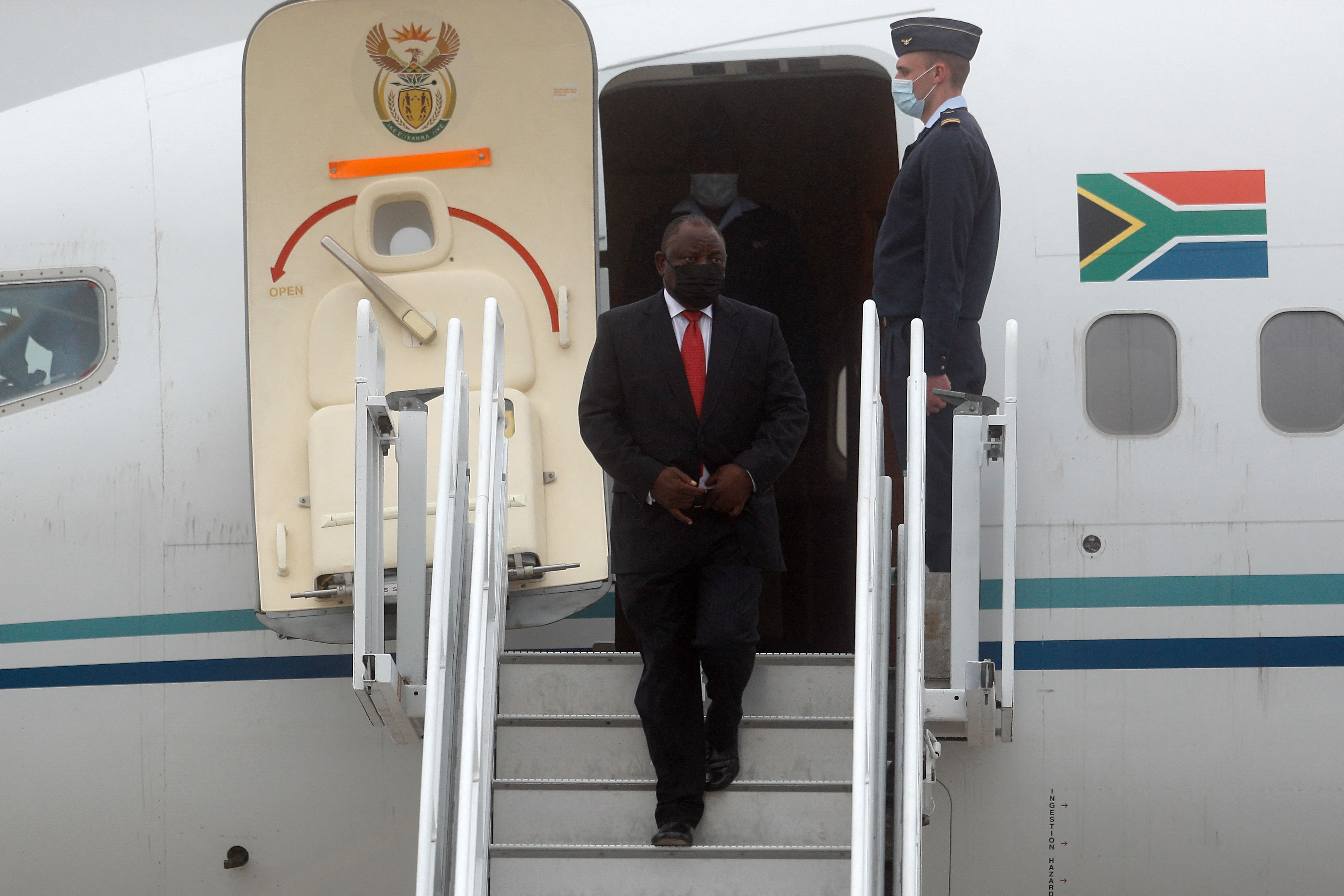US President Joe Biden said he was “satisfied” with the agreed G7 communique’s points on China, and once again called for the country to be transparent on Covid-19, telling reporters it’s important to know whether the virus came from animal or “whether it was an experiment gone awry.”
Asked whether he was disappointed the communique didn’t go as far on China as the US may have liked, Biden noted the G7 explicitly agreed to call out human rights issues, non-market issues and forced labor.
“I think there’s plenty of action on China and there’s always something,” Biden said when asked about the G7’s statement, adding: “I’m satisfied.”
Biden also told reporters it’s important for China to be more transparent so the world knows where the virus came from, including if it was “an experiment gone awry in a laboratory.”
“We haven’t had access to the laboratories to determine whether or not — I have not reached a conclusion, because our intelligence community is not certain yet — whether or not this was a consequence from the marketplace of a bat interfacing with animals in the environment that caused this Covid-19 or whether it was an experiment gone awry in a laboratory," he said.
Biden added, “It’s important to know the answer to that because we have to access, we have to build the system whereby we can know what, when we see another lack of transparency that may produce another pandemic. We have to have access. The world has to have access.”
Some more context: World leaders attending the Group of Seven summit on Sunday issued a call for a new study into the origins of Covid-19, including in China, after an initial report was deemed lacking because Beijing had refused to cooperate.
They agreed to speak out against human rights abuses in China, a matter that had been hotly debated behind closed doors over the course of the three-day summit.
The leaders, in the G7 summit communiqué, also singled out Russia as harboring networks that have conducted ransomware attacks wreaking havoc on critical systems, saying countries must do more to address criminal activity within their borders.
You can read the full communiqué here.
